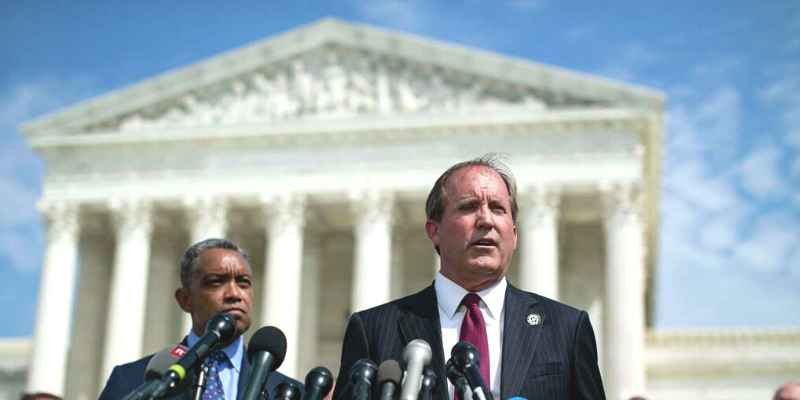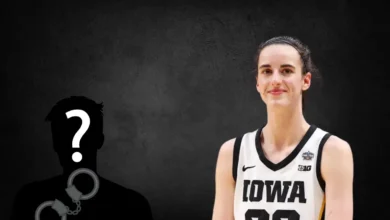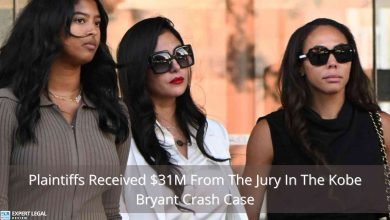Supreme Court Decides To Empower Social Media Companies Censorship Rights!!

In Texas, an extended-run law was removed in the Supreme Court, restricting the capability of social media sites like Facebook, Twitter, Instagram, and so on. and limiting their use to moderate. In the nine judges, the decision was in the ratio of 5:4, i.e., the majority favored temporarily blocking the law.
Four of the judges gave dissenting opinions, and the majority was sustained. The justices requested the tech industry block the lower court order that would have authorized the law to take hold in pending legal confrontations.
Supreme Court Blocks Texas Law On Social Media ‘Censorship’
The HB20 law in Texas was enacted to stop social media websites with over 50 million members in the U.S. from moderating content according to their viewpoint. The Supreme court has blocked this law without a rationale behind its decision. Even the decision opponents have asserted that green light has been given to the unconstitutional law.

That word isn’t strictly understood, and it puts a massive new risk for technology companies in Texas. Not surprisingly, the law also includes clauses that attempt to prevent tech platforms from completely shutting down their operations in Texas.
Controversies Revolving Around The Decision
The plaintiff’s (Net choice and CCIA) counsel asserted that this particular law of HB20 is unconstitutional and that giving it a green flag is not the right decision. Further, they also argue that this decision would amount to misuse as now the social media platforms had the right to remove the free speeches that otherwise would have been the part of freedom of speech and expression.
The technology sector, among others, complained that HB 20 compromises the constitutional protections of technological features to make executive decisions and to be independent of government-compelled discourse.
However, the state claimed that HB20 is not infringing the first amendment. The law looks to regulate the social media platforms towards their customers, not their companies’ speech. It is even possible to classify these in the form of “common carriers”, similar to phone companies and railroads. In addition, it is possible to find a variety of different arguments. Some are for, and some praise decisions of the Supreme Court. Various revision pleas have been filed, and the whole nation is discussing the controversy.
Repercussions Of The Decision
This decision has not only created a situation of hue and cry in Texas, but the whole nation is discussing this point. There have also been many legal filings. The Anti-Defamation League and the NAACP submitted “friend of the court” briefs, urging for the Supreme Court to strike down the law, saying that it would transform social media sites into an online repository of offensive and harmful, graphic fraudulent, hateful content that is of no value for the people who participate in these communities.
A consortium of states, led by Florida, filed a court brief supporting Texas’ law. Federal governments, including Alabama, Arizona, Kentucky, and South Carolina, signed the friend-of-the-court brief, demonstrating how the legal struggle against HB 20 has national repercussions.
Conclusion
The Supreme Court decision on the very prominent issue of giving the green flag for censoring the content on social media has created a situation of a kerfuffle in the United States.
READ MORE:
- Texas School Attack – Worst School Shooting In United States History!!
- Northstar Reports Q1 2022 Financial Results And Virtual Investor Webcast!
- Biden Administration Officials Announce New Ukraine Security Measures!!
The case has now been submitted for review by the majority decision of the 5th circuit. Let’s see what happens and where this decision leads Texas.




